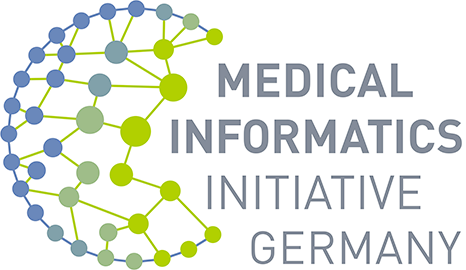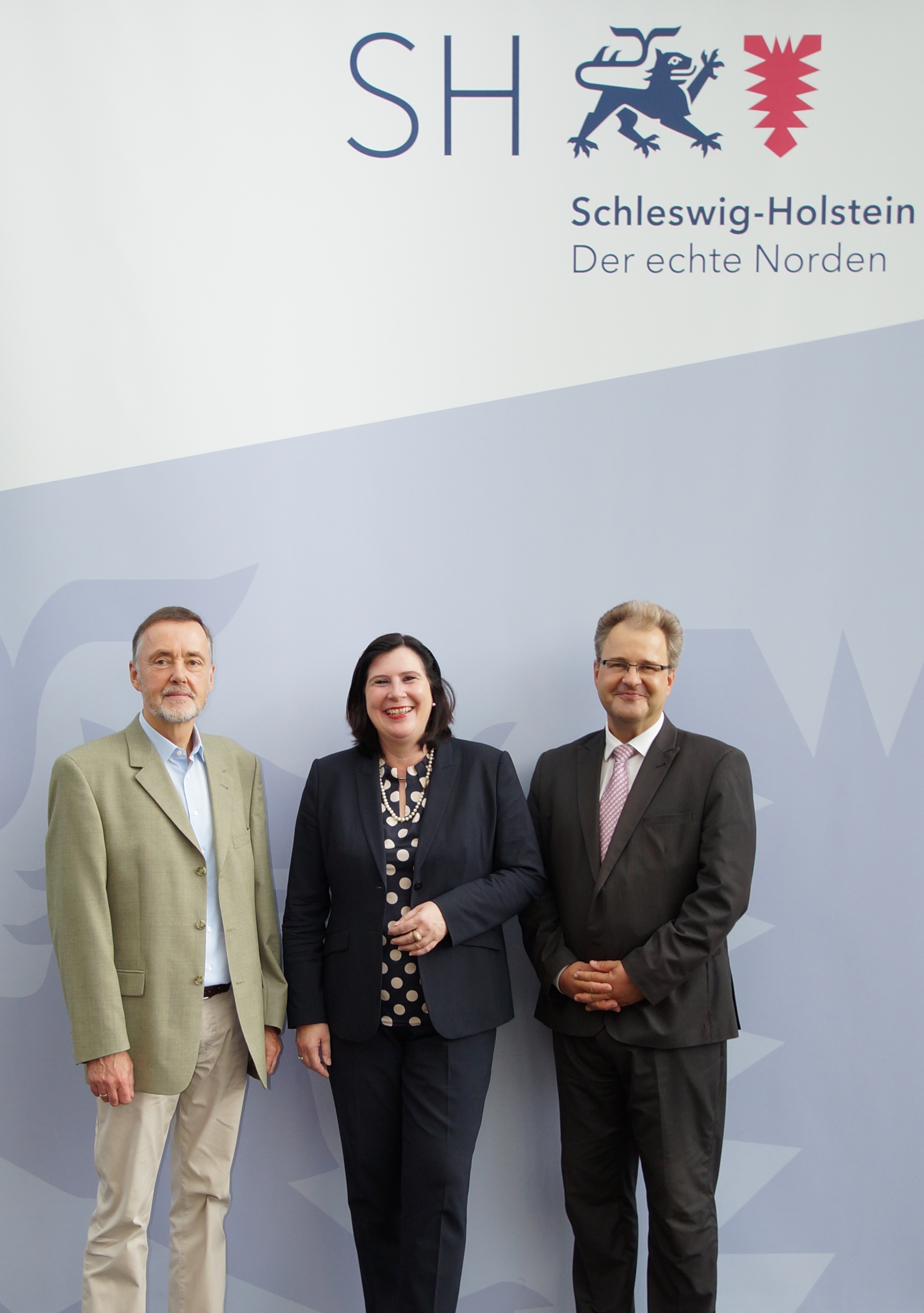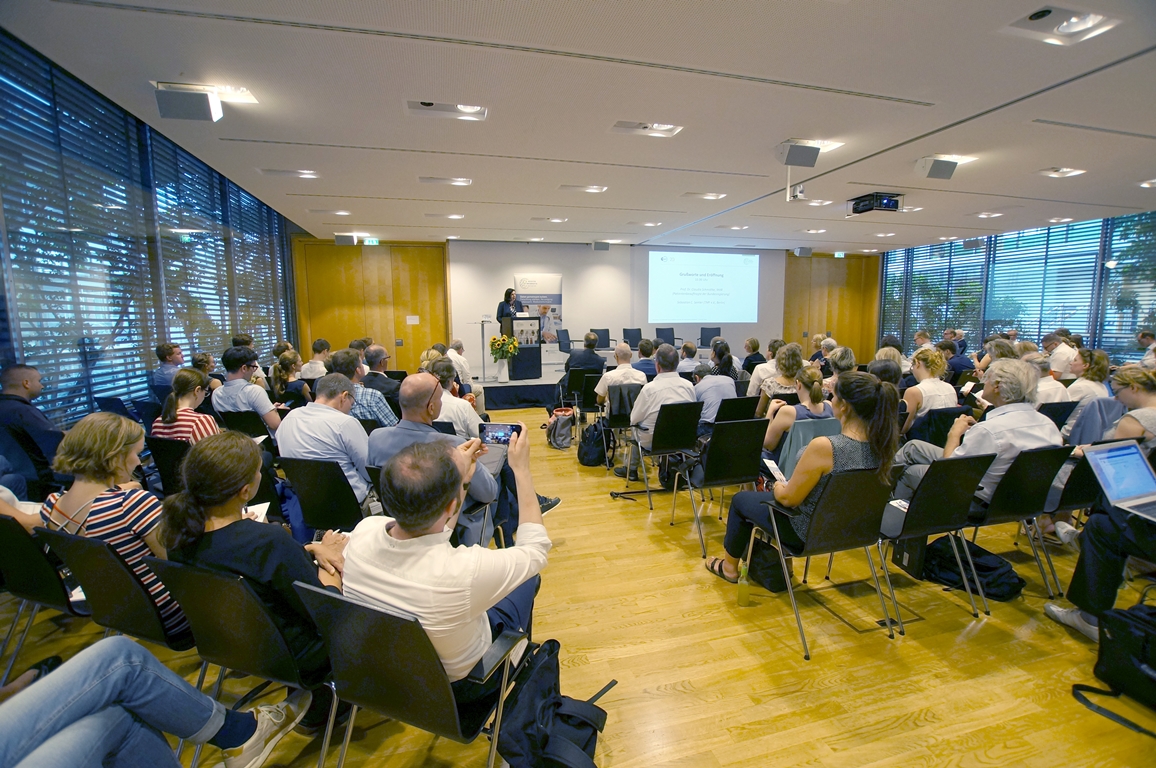
Berlin, 28.08.2019. More than three quarters (79 per cent) of Germans are willing to provide their health data –anonymously, in digital form, and without payment – for medical research purposes. Moreover, a majority of this subgroup of respondents would make the data available for an unlimited time period; just under three quarters (73 per cent) would make them available for at least the next five years. These are the findings of a representative FORSA survey commissioned by Technology, Methods, and Infrastructure for Networked Medical Research (TMF), and presented at a Medical Informatics Initiative (MII) workshop on patient participation. The workshop took place on 27 August 2019 in Berlin, Germany. Approximately 150 experts in ethics, law, research and patient organisations discussed the willingness of patients to participate in medical research.
“The willingness to provide personal health data to contribute to the earlier detection and better treatment of diseases is encouragingly high. It is now up to researchers and politicians to quickly provide a sound legal and trustworthy framework for the provision of data for research. This can only succeed by engaging in dialogue with patients,” explained Sebastian C. Semler, Executive Director, TMF, when presenting the figures to the workshop.
German Federal Commissioner for Patients' Affairs and Bundestag member Professor Claudia Schmidtke was patron of the workshop. In her welcoming address, Professor Schmidtke advocated patient centricity, particularly in the context of digital transformation. “Digitisation and integrated health data will have enormous benefits for patient care, health research, and our healthcare system as a whole. The Medical Informatics Initiative has a central role to play in the digital transformation of our health system. I am therefore pleased that, within the scope of today’s workshop, the Medical Informatics Initiative is actively engaging with representatives from patient organisations on the concrete ‘how’ of patient involvement in research. The goal must be to provide interested patients with transparent information that enables them to make well-informed, self-determined decisions on whether to consent to sharing their data for research.”
In her address, Hannelore Loskill, Chair of BAG Selbsthilfe, an umbrella organisation for 120 self-help organisations in Germany, focused on the desire for greater transparency. She emphasised that patients are, justifiably, highly interested in knowing what research projects are being conducted and to what end.
However, paving the way for greater participation of patient organisations requires sufficient funds and resources, plus deliberation and skills, added Professor Silke Schicktanz, University Medical Center Göttingen; this finding is based on qualitative interviews she conducted with 28 patient organisations, in which she discussed their wishes and expectations.
Professor Steffen Augsberg of the German Ethics Council and Professor Christian Dierks of Dierks+Company addressed patient donation of data to research from an ethical and legal viewpoint. The German term Datenspende, literally data donation, is not clearly defined and is legally complex. They called on legislators to create a corresponding framework in alignment with European law.
In her presentation, Saara Malkamäki of the Finnish Innovation Fund Sitra highlighted the Secondary Use Act passed in Finland earlier this year and FINDATA, a one-stop agency for accessing social and health data for research purposes. She underscored that Europe, facing competition from the USA and Asia, is under pressure to create its own research data space – and that this must be based on the trust of its citizens.
The workshop concluded with a panel discussion where participants urged greater transparency for research projects and better communication of results and findings. In addition, they called for further resources to be made available in order to involve patients at an early stage, inform them and enable them to consent. The aim must be to overcome the obvious discrepancy between the willingness of a majority of patients to participate in medical research and the way the consent process is currently organised, which makes it difficult for individuals in Germany to provide their data. In future, patient participation must be geared more strongly to the benefits to society as a whole from the use of data for medical research – while taking into account the concrete needs of individuals.
Presentation slides can be downloaded here
Hint for editors:
The summary and graphics from the survey Datenspende für die medizinische Forschung (data donations to medical research) are available to download from the TMF website. The graphics may only be used in unmodified form in the context of editorial reporting and with TMF e.V. credited as the source.
Media Contact:
Sophie Haderer , Phone: +49 30 − 22 00 24 730, presse@medizininformatik-initiative.de
Background
The aim of the Medical Informatics Initiative (MII) is to enhance research and patient care through innovative IT solutions. These will enable the sharing and use of data from healthcare and from clinical and biomedical research across multiple entities and sites. The German Federal Ministry of Education and Research (BMBF) is investing a total of 160 million euros in the initiative through 2021. Within the scope of four consortia – DIFUTURE, HiGHmed, MIRACUM and SMITH – all German university hospitals and medical centres at over 30 locations are cooperating with research institutions, businesses, health insurers and patient representatives. Their mission is to enable the use of research findings to the direct benefit of patients. At the same time, priority is given to robust data protection and security.
The Berlin-based coordination office, operated by TMF (Technology, Methods and Infrastructure for Networked Medical Research) with MFT (German Association of Medical Faculties) and VUD (German Association of Academic Medical Centers), is responsible for managing cooperation within MII at national level.


